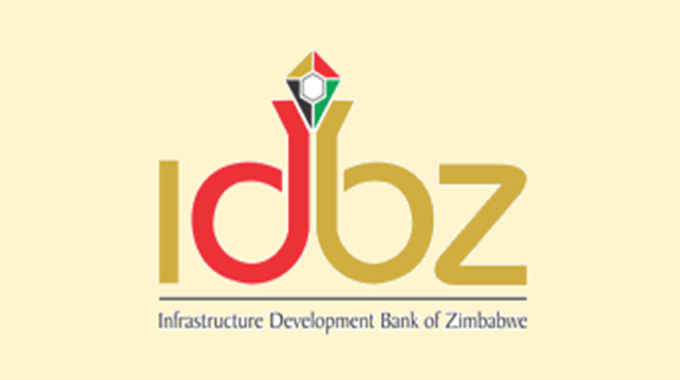Engineers must explore innovative solutions to eradicate cholera

Eng Tamsanqa Mpala
CHOLERA has been a topical issue lately, not only in Zimbabwe but across the African continent. Over 18 000 cases of suspected cholera have been reported in the country to date, while over 300 deaths countrywide have been reported due to the cholera outbreak.
The prevalence of cholera cases and related deaths in the country has reached alarming levels. In neighbouring Zambia, the government has suspended the opening of schools due to a prevailing cholera outbreak.
The outbreak continues to wreak havoc in Lusaka as hundreds of people lose their lives on a daily basis. The World Health Organisation (WHO) estimates that over a billion people are currently at risk while cholera has been reported in 29 countries with the most cases (16 countries) reported in Africa.
Such statistics do not make for pleasant reading. The onset of the recent rains has exacerbated the situation where flooding has occurred in low-lying areas resulting in fresh water sources becoming contaminated from surface water runoff mixing with solid waste and sewage.
Cholera is one of the commonly known water-borne diseases and is an acute diarrhoeal infection caused by ingestion of food or water contaminated with the bacterium vibrio cholerae.
It remains a threat to public health and in turn a threat to the economic development of the country. This is a critical time when engineers, technocrats and other creative minds must step in to address this challenge! I, therefore, propose these as part of the solutions.
Multi-stakeholder engagement
This is a key step to controlling such devastating water-borne pandemics and the reduction or total elimination of related deaths. The long-term solution for cholera control and eradication lies in engineering solutions and economic development to ensure country-wide access to safe drinking water and basic sanitation.
It lies in our seriousness to identify, mobilise and create an implementing vehicle through multi-stakeholder engagement. There are many players and stakeholders in the water industry from suppliers, engineers, technicians, town planners, civic society organisations with common interests, developers and investors.
This, therefore, is a call for such stakeholders to get together and proffer sustainable solutions. One way of doing this is to utilise the already established water taskforce special committees set up by His Excellency, President Mnangagwa, whose mandate is to restore water service provision in the respective provinces. This committee can identify, evaluate and mobilise such critical players and stakeholders and operationalise its functions to deliver improved access to clean water supply and basic sanitation for all.
For this to work an enabling environment must be present where the review of existing policies, masterplans and institutions will lend its support to the functions of the multi-stakeholder engagements.
Stakeholder engagement simply means that people and communities are part of the problem, solutions and process of developing and implementing improved service delivery. It means supporting our Government and reinforcing its interventions.
Adoption and implementation of sanitation technologies
This is a critical avenue and a must-do in our context. Engineers should lead the way in offering and implementing suitable and sustainable sanitation technologies throughout the sanitation service value chain.
From source, containment, delivery to treatment and eventual recycling and reuse, water and sanitation management must now be looked at differently as opposed to the outdated, conventional ways of design and planning.
Today, a host of modern sanitation technologies are readily available on the market and these range from the simple ventilated improved pit latrines with hand-washing facilities especially for the remote and rural communities, to the more modern flushing systems with integrated packaged treatment and recycling network.
The impact of implementation of sanitation technologies will help greatly in the control of cholera and the significant reduction of water-borne related deaths. Global factors such as climate change have forced innovators and engineers to develop solutions that are climate-resilient and such technologies must be implemented where appropriate with careful thought, planning and deliverance.
The integration of multi-stakeholder engagement and appropriate water and sanitation technologies will be invaluable to reducing the global pandemic of cholera and other water-borne diseases.
λ Eng Tamsanqa Mpala is an experienced civil and water engineer practicing in the engineering consultancy sector in Zimbabwe. He is an infrastructure-enthusiast passionate about engineering development. He is the immediate past president of the Zimbabwe Institution of Engineers and managing partner of Hydro Utilities Consulting Engineers, a private engineering practice delivering solutions for civil, water and structural engineering design and project management.








Comments